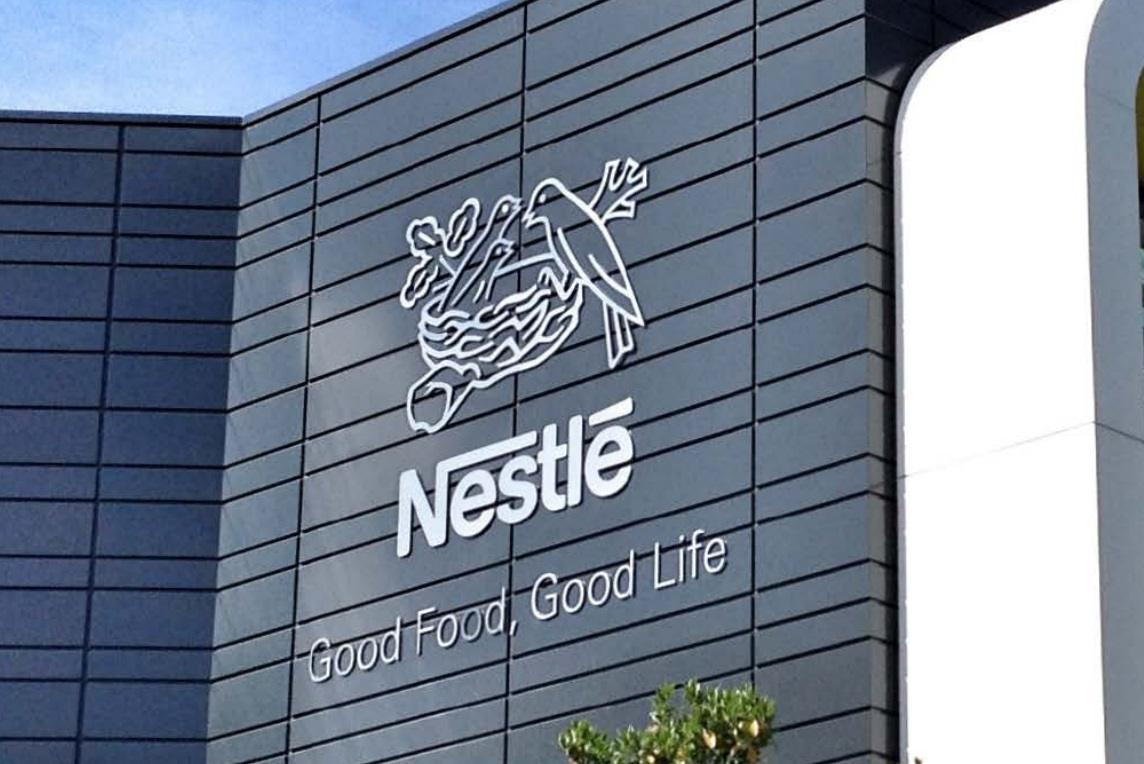Nestlé Launches New Projects to Reduce Emissions in Cocoa Supply Chain
Global food and beverage company Nestlé has launched two new projects aimed at reducing and removing carbon emissions from the company’s cocoa supply chain.
Developed with suppliers Cargill and ETG | Beyond Beans, the new five-year projects will promote agroforestry, accelerate the transition to regenerative agriculture and support the reforestation of degraded lands around cocoa farming communities.
Nestlé, home to leading chocolate brands including Kit Kat and Nesquick, is one the world’s largest corporate cocoa consumers, sourcing roughly 430,000 tons per year, with much of the supply sourced from Ghana and the Ivory Coast. Nestlé announced a commitment in 2019 to achieve net zero greenhouse gas (GHG) emissions by 2050, and in 2020 the company published its “time bound plan” to reach its climate goals, which also include targets to achieve a 20% emissions reduction by 2025 and 50% by 2030.
According to the company’s net zero roadmap sourcing of ingredients accounts for more than 70% of Nestlé’s greenhouse gas emissions footprint, with around 25% – 35% of total ingredient emissions caused by the conversion of natural landscapes. The company’s plans to address agricultural emissions includes avoiding and eliminating deforestation, natural habitat conservation, and planting hundreds of millions of trees to support agroforestry and reforestation.
According to Nestlé, the new projects aim to plant over two million shade trees on land managed by close to 20 000 farmers in Ghana and Côte d’Ivoire, and are anticipated to deliver more than 500,000 metric tonnes of carbon removal and reduction over 20 years.
Darrell High, Global Cocoa Manager at Nestlé said:
“These projects are important milestones on our journey to net zero. We’re working to address our emissions all the way to the farms we source from. Long-lasting forest protection can only happen when collaborating with fully committed suppliers, just like Cargill and ETG | Beyond Beans. We also depend on the participation of local communities, who have an impact on the forests and can help find land-use solutions that are best suited for the local reality.”
Under the new programs, different multi-purpose species of shade trees will be distributed to farmers, who will learn tree planting and pruning. Farmers will receive an incentive payment when they plant the tree seedlings and care for them during the critical initial years, and regular farm visits will also be performed to monitor and provide advice and technical assistance where needed.
Nestlé added that collaboration with local communities is also a key aspect of the programs, with involvement including selecting community-owned fallow land for reforestation work and starting with the establishment of tree nurseries.
Ursule Gatta, Cargill Partnership Officer Ivory Coast said:
“This initiative can really make a difference. Our ambition is to scale up the project to cover 18 cooperatives over five years, aligned with the Nestlé Income Accelerator program. We are very proud to be a part of this.”





